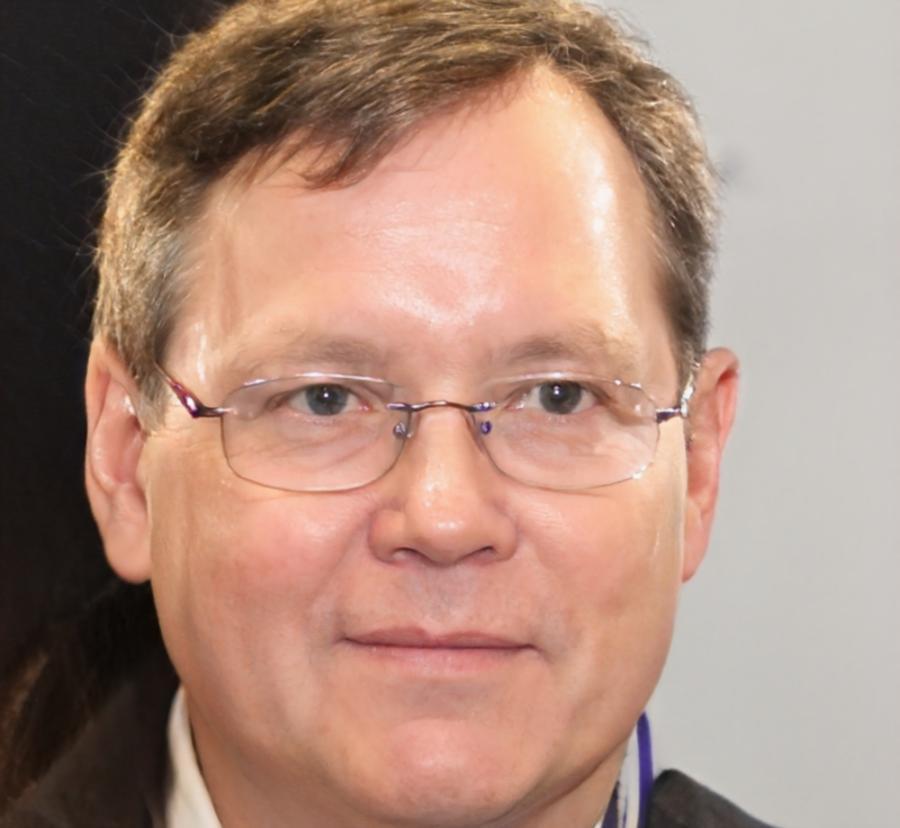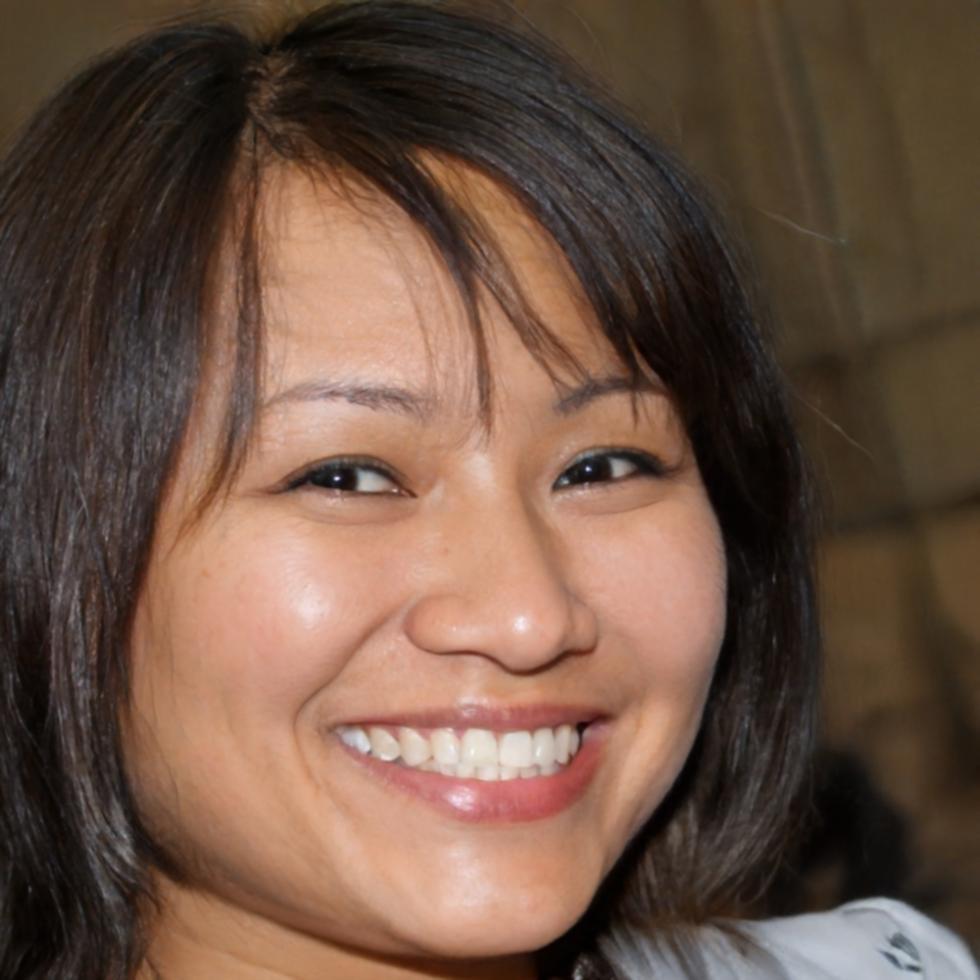
Two-Factor Authentication Analysis
Riley examined why some 2FA methods feel clunky while others just work. Her findings showed specific friction points that made users skip security steps.
Our students don't just study digital banking security. They build solutions that address genuine problems facing Australian account holders today. Every project here came from someone asking "what if we could make this safer?"
Next cohort starts September 2025These aren't theoretical exercises. Each one started with a student noticing something that could work better in their own banking experience.

Riley examined why some 2FA methods feel clunky while others just work. Her findings showed specific friction points that made users skip security steps.

Declan built a prototype that sends meaningful alerts without overwhelming users. Turns out timing matters more than frequency when it comes to security notifications.

Freya looked at how banks handle session timeouts. Her research found that many timeout policies frustrate users without actually improving security much.

Security architect who spent eight years at Commonwealth Bank

UX researcher focused on financial interfaces and user trust
Our mentors don't just review your work and move on. They've dealt with these exact challenges in their careers and can tell you which approaches actually hold up under pressure.
Marcus reviews every security-focused project personally. Sienna meets with students who want feedback on user research methods. Both are around for questions when you hit a wall.
Most students follow a similar path, though everyone moves at their own pace. Here's roughly how it tends to unfold over the program.
You'll explore different aspects of digital banking security until something clicks. Some students know immediately what interests them. Others need time to figure out where they want to dig deeper.
Research phase. You'll interview users, study existing systems, and document what you find. This part takes longer than most people expect because good research can't be rushed.
Now you build something based on what you learned. Could be a prototype, a detailed analysis, or a working feature. Your mentor helps you scope it to something achievable.
You'll present your work to the cohort and get feedback. This isn't a formal presentation. More like explaining what you discovered to people who care about the same problems.
Our September 2025 cohort has spots available. Applications open in May. We'll want to hear about what interests you and why digital banking security matters to you.
Get Program Details